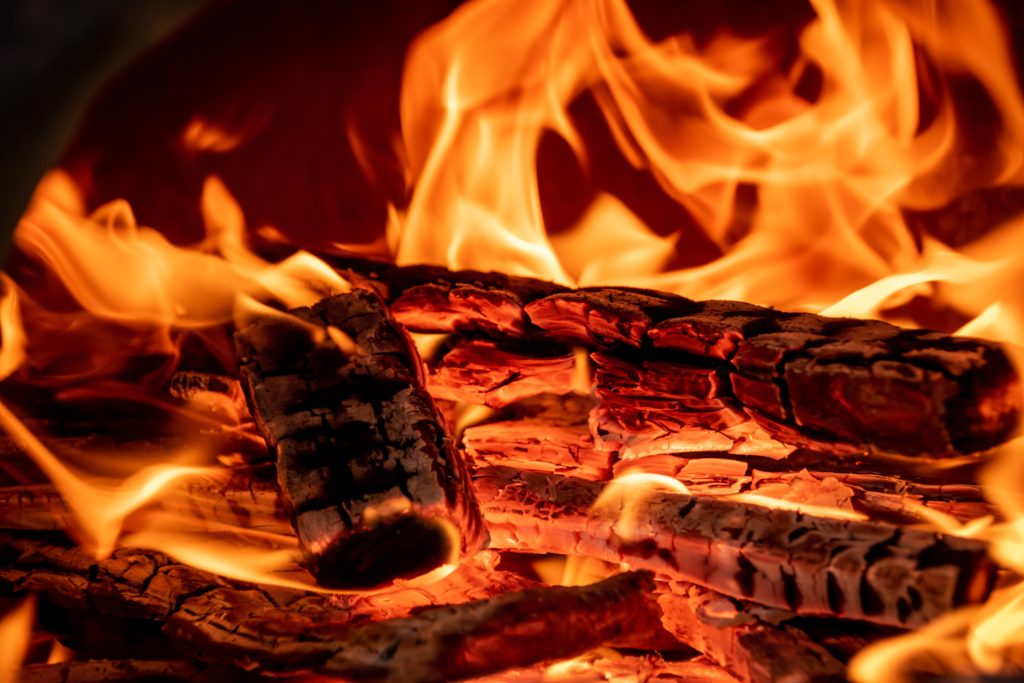This June will mark four years since the UK experienced one of its most catastrophic modern disasters – the fire that destroyed Grenfell Tower.
On 14 June 2017, a fire erupted in a kitchen on the fourth floor of this 23-story building.
Within minutes, the fire had travelled to the top of the building, killing 72 residents in its wake.
Whilst some efforts were made to improve building structure and fire safety measures, people are still living with the same dangers today – is history set to repeat itself?
In Professor Luke Bisby’s investigative report, he claimed that the external cladding on the building “strongly supports” the notion that the polyethylene material used was the primary cause of the fire spread.
“The ACM (aluminum composite material) product on Grenfell Tower incorporates a highly combustible polyethylene polymer filler which melts, drips, and flows at elevated temperature. The polyethylene filler material is expected to release large amounts of energy during combustion.”
But the problems did not stop there.
In Dr Barbara Lane’s report, she identified the use of combustible materials in the installation of new windows throughout the building, as well as the fact that no floors met fire safety standards.
“is the government really doing all that it can?”
An inquiry into this disaster also reported a faulty smoke extraction system and lack of water supply that limited firefighters from accessing the water that they urgently needed.
This catastrophic event that left many homeless and without their loved ones has encouraged a shift in fire safety standards for all apartment blocks, but is the government really doing all that it can?
Residents of the Verdigris Apartments in Bethnal Green have been warned they could be paying in excess of £150,000 to pay for urgent building repairs to abide by fire safety measures. Such repairs will include removing wooden balconies and replacing these with fire-proof materials, improving the fire breaks system, and removing unsafe external cladding.
Leaseholder Julia Barber said, “Right now there is an omnipresent threat that the cost is going to be passed on to leaseholders.”
“It’s putting a halt on people’s lives and putting a massive cork in the housing market.”
The government has already invested £1.6 billion into removing unsafe cladding on apartment blocks taller than 18 metres but nothing has been given to repair outdated fire systems.
Urgent building repairs are expected to cost up to £15 billion in total, money the government is seemingly lacking at the moment.
Pressure has since been put on the Conservative Party to act immediately, with Labour calling for the government to solve this cladding crisis that has been affecting UK citizens for three and a half years.
Millions of people have been sucked into this crisis due to years of dither, delay, and half-baked solutions from the government… For many leaseholders, the dream of homeownership has become a nightmare. They feel abandoned, locked down in flammable homes and facing ruinous costs for repair work and interim safety measures.
Before the Grenfell Tower fire, the United States and most European countries had banned cheap cladding for fears of inadequate safety measures. Despite the UK government vowing to remove all dangerous cladding from buildings across the country in 2017, four years later and this is still an ongoing issue that has not been solved.
In 2017, the government identified over 400 high-rise buildings with unsafe cladding, yet in a report released in December 2020, there were still 165 such buildings that were deemed unsafe and awaiting refurbishment.
“it is not a tragedy that will be forgotten any time soon.”
With the struggles associated with the Coronavirus pandemic halting many industries – especially the housing market – can the government really afford to invest billions without putting the NHS at risk of collapse?
The Grenfell Tower fire was one of Britain’s most catastrophic modern disasters and it is not a tragedy that will be forgotten any time soon. With fears of a similar event transpiring if urgent refurbishment is not completed, the government needs to act now.
Madeleine Raine
Featured image courtesy of Marc Renken via Unsplash. This image has in no way been altered. Image license is available here.

